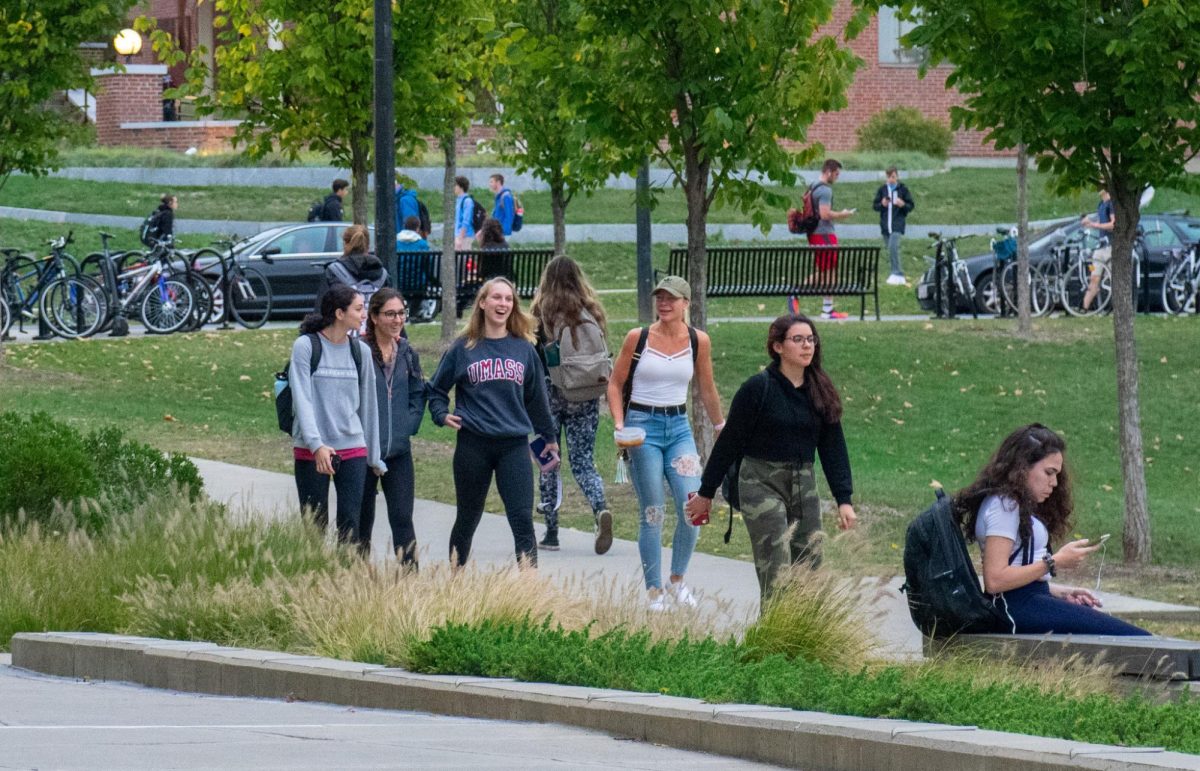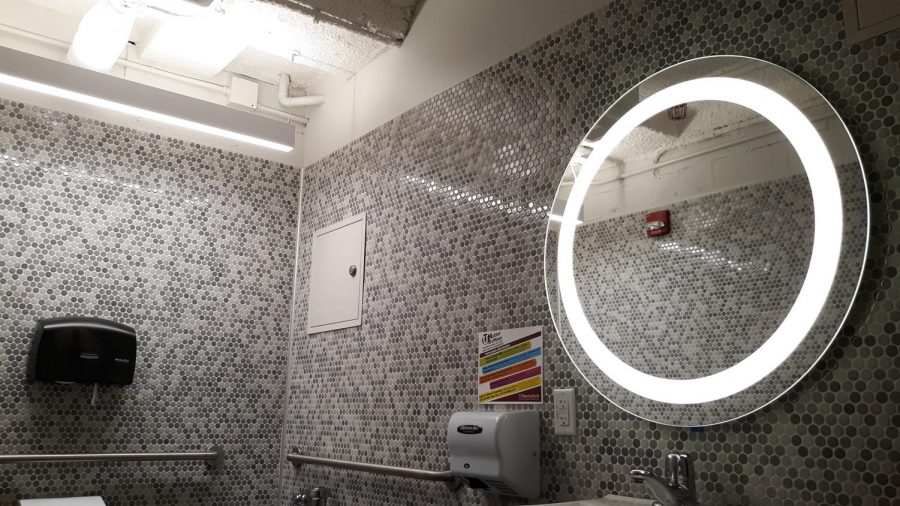It can be hard to get a good night’s sleep. Between loud roommates and pressing deadlines, it’s not uncommon for sleep to become a student’s last priority.

Numerous studies have shown that sleep can have positive impacts on a person’s mood, weight, memory and overall health, making a good night’s sleep critical to a person’s overall health.
Obtrusive environments, according to Harvard Medical School, also affect the way you sleep. If you have neon wall decorations and flashy lights all over your room, it might not be the best place to rest your head at night. A quiet, dark, cool room is perfect for rest and relaxation. Think bats in a cave.
So what should you do?
One of the most important things you can do to make sure you fall asleep at night is create a routine for yourself. Establishing a system that winds you down from the days’ events can be help let your body know it is time to sleep, according to Harvard Medical School. Relaxing activities like taking a bath or reading a book can do wonders when applied an hour before bedtime. Avoid anything that will cause stress such as doing work or discussing emotional issues.
Keeping the same sleep schedule will allow your body to get a more restful sleep. If you are constantly changing you bedtime, your body will become confused and won’t get the crucial rapid eye movement (REM) sleep it needs to revive itself for the next day.
Exercising early can lead to a healthy exhaustion later on, allowing the body to relax more easily and eventually settle into a very restful sleep.
If you are sleepy, don’t ignore it. Go to bed. If you find that once you are all tucked in you are staring at the ceiling in frustration for 20 minutes, go do one of the aforementioned relaxing activities.
But there are some things you should try and avoid.
When trying to sleep, some people go for a booze-induced slumber. But this technique can have adverse effects as the alcohol can turn into a stimulant, causing numerous awakenings and a much less restful sleep, according to Harvard Medical School. Other drinks to avoid include anything with caffeine in it.
Whatever you do, don’t stare at the clock. Watching the minutes tick by can cause stress, making it harder to fall asleep. If you can’t resist the temptation of seeing how many minutes have trickled by, try turning your clock to face away from you when going to bed.
Napping during the day can be problematic, especially when during the afternoon. This time is too close to night and can lead to staying up much later in the evening.
In addition to not napping right before bed, don’t eat right before bed. A midnight snack can lead to indigestion. It has also been suggested that eating late can induce the endorphins in your brain that cause higher brain activity, according to the Harvard Medical School. This higher brain activity can induce nightmares which will also, definitely disturb your sleep.
Vincenza Parella can be reached at [email protected]












